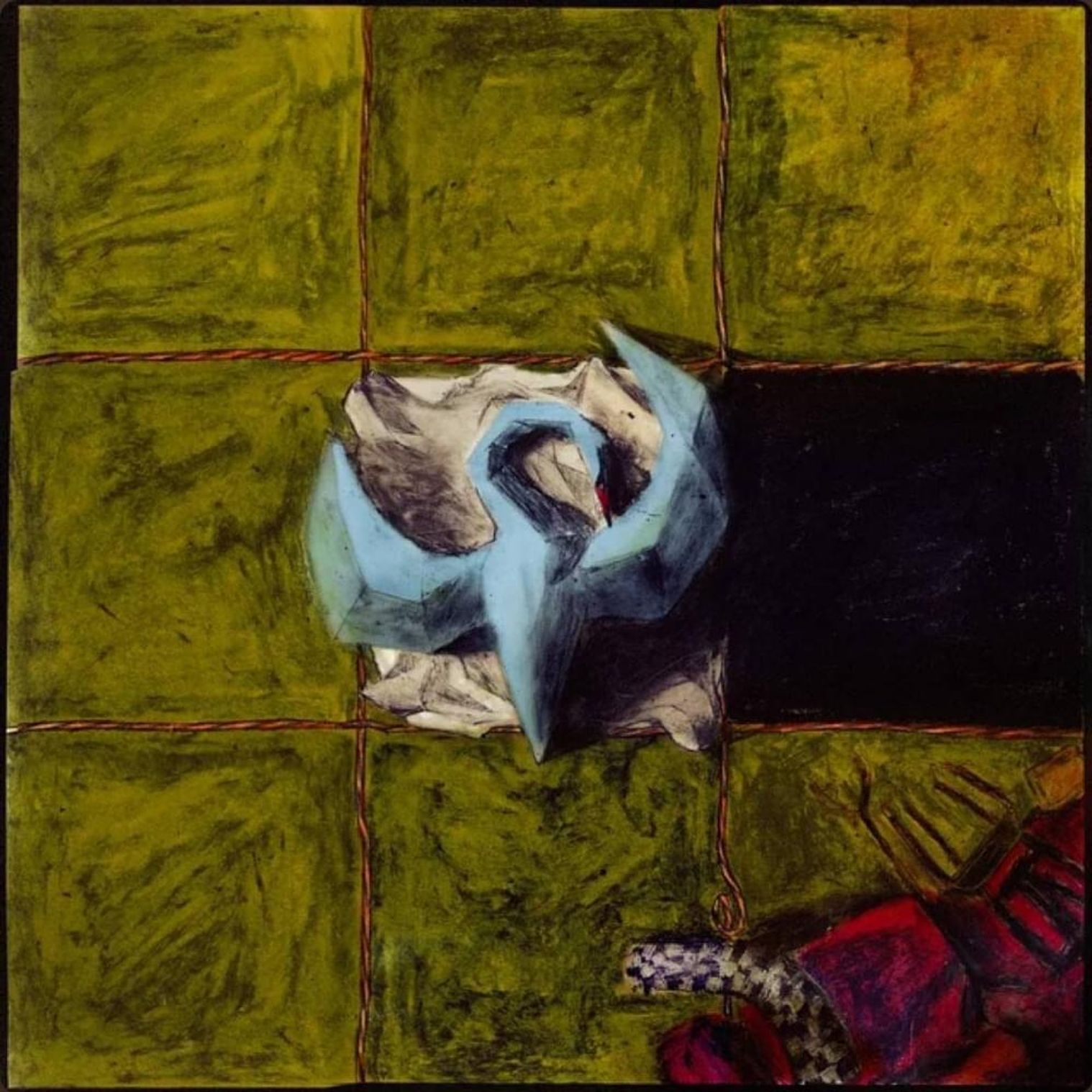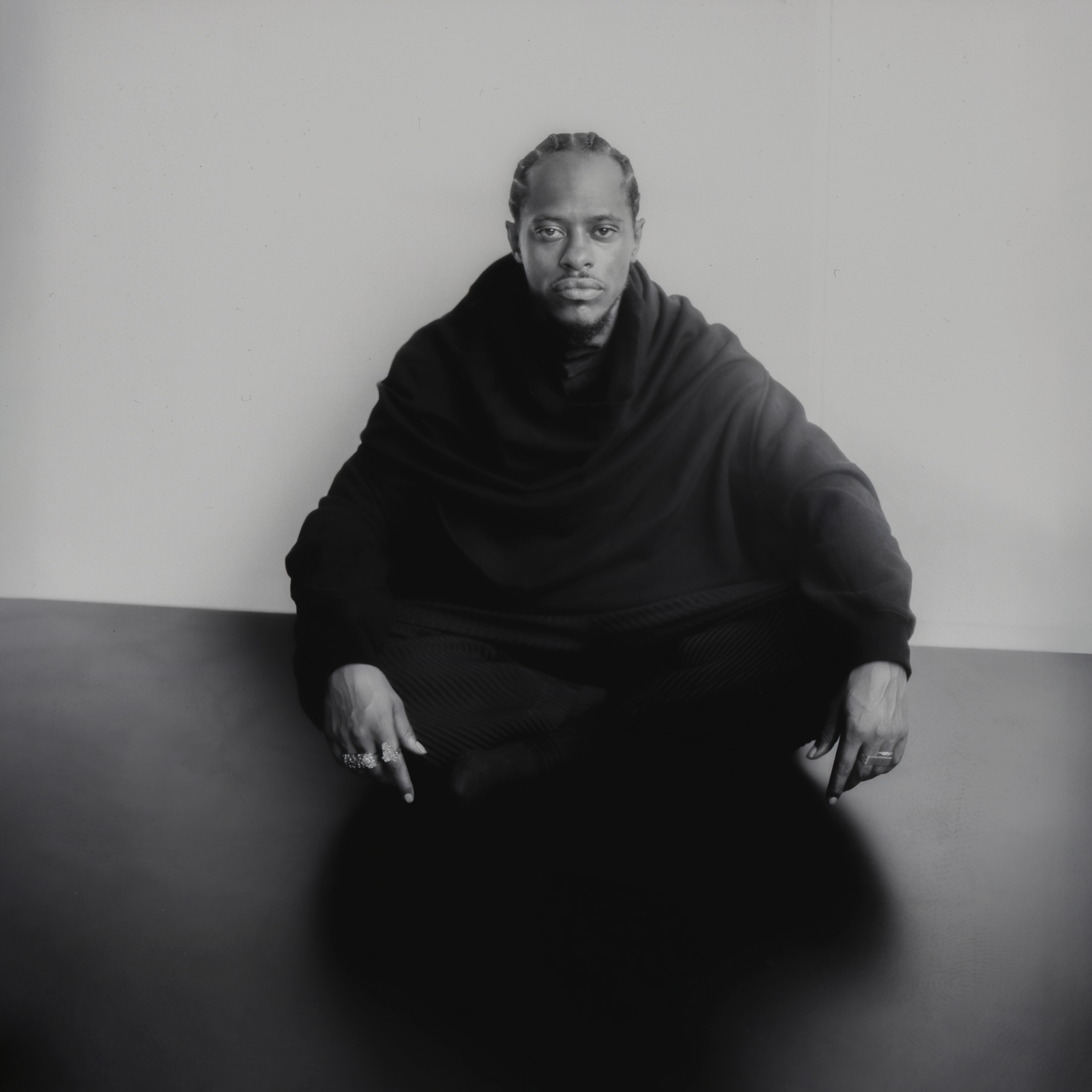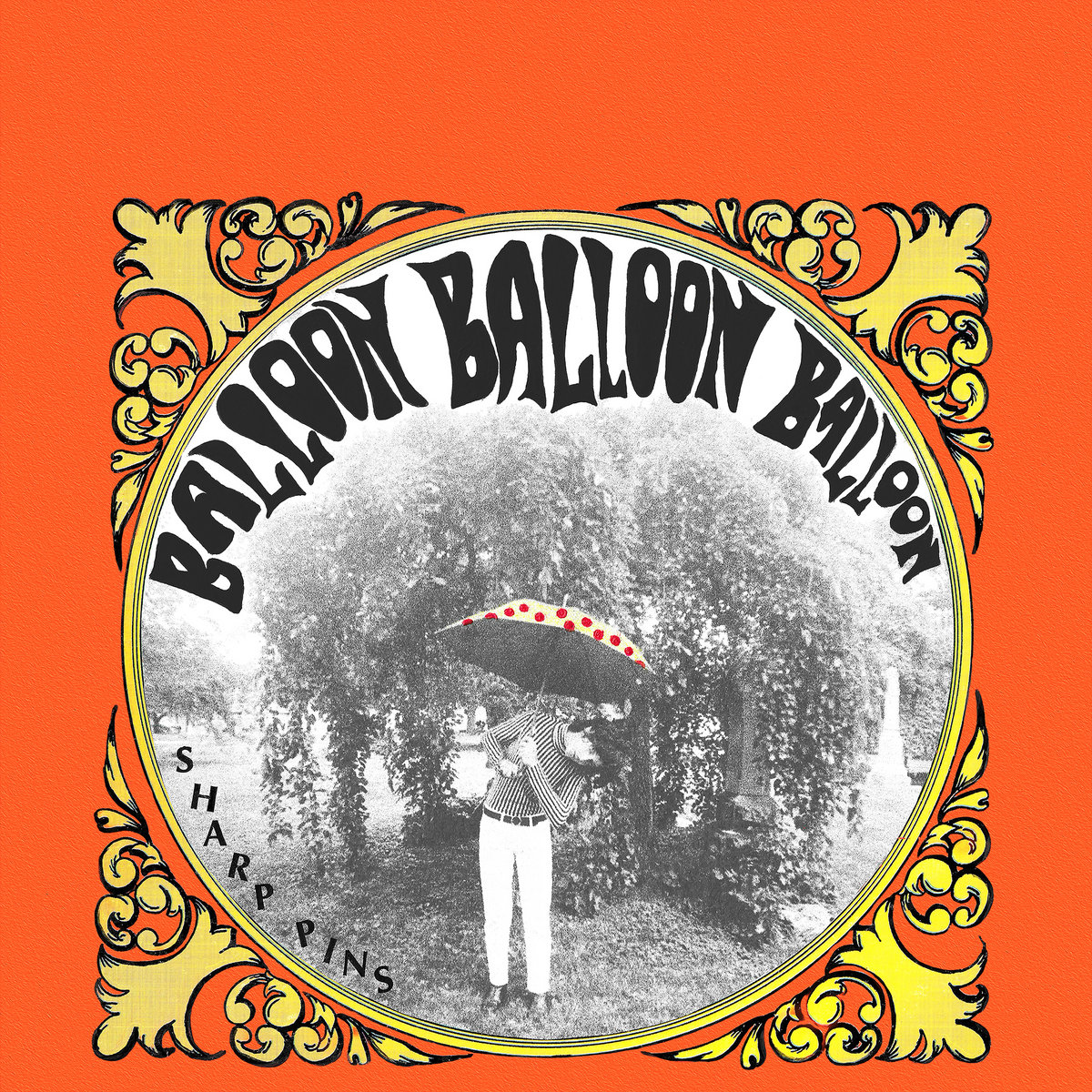"Man, it's a hot one."
That's all it takes; that song's gonna be in your head for the rest of the day. You're welcome.
It's almost incomprehensible how popular Santana's "Smooth" -- with vocals by Rob Thomas, then still just the dude from Matchbox 20 -- actually was. The song was #1 on Billboard's Hot 100 for 12 weeks, and spent a total of 58 weeks on the chart. Its parent album, 1999's Supernatural, has sold over 13 million copies in the US and somewhere in the neighborhood of 30 million worldwide, and got Santana eight Grammy awards. "Smooth" won Record Of The Year, Song Of The Year and Best Pop Collaboration With Vocals; "Maria Maria," featuring The Product G&B, won Best Pop Performance By A Duo Or Group With Vocal; "El Farol" won Best Pop Instrumental Performance; "Put Your Lights On," featuring Everlast, won Best Rock Performance By A Duo Or Group With Vocal; "The Calling," with Eric Clapton, won Best Rock Instrumental Performance; and Supernatural won Best Rock Album and Album Of The Year.
Supernatural turns 20 tomorrow, but how does it hold up in retrospect?
I should set out the terms of my Santana fandom before we really dive in. I like all the band's work, and the albums Carlos Santana put out under his own name, from 1969's self-titled debut through 1974's Borboletta. The albums I love the most, though, are the weird ones he made in a flurry of spiritually inspired madness in 1972 and 1973: Caravanserai, Welcome, the live Lotus, and his collaborations with John McLaughlin (Love Devotion Surrender) and Alice Coltrane (Illuminations). Those were the years when he cut his hair, wore all white, and took the Sanskrit name "Devadip" (which he reportedly asked the band and crew to use when speaking to him). From the mid '70s on, I kinda lose interest. The only time I ever saw Santana live was in September 1988, on the 20th anniversary Viva Santana! tour -- he had reunited with several ex-band members, including keyboardist/vocalist Gregg Rolie, percussionists Armando Peraza and José "Chepito" Areas, and drummer Michael Shrieve, and had former Weather Report bassist Alphonso Johnson in the group. It was a good enough show; I remember it being long, and mostly instrumental. And as last week's interview reveals, I think his new album Africa Speaks is great, one of his strongest efforts in years.
So the Santana heard on Supernatural is not my Santana, to say the least. Until I decided to write this piece, I'd never heard the whole album. And when I did sit down and listen to it -- well, the first thing I'll say is, if you're planning on trying it yourself, block out some time. This was a CD released in 1999, and they used the whole goddamn thing: 74 minutes, 14 tracks, eight of which feature guests. When I interviewed Santana, he told me the story of how it was made: Basically, he extracted himself from an existing contract with Polygram Records so he could sign with Clive Davis' Arista label and make a big pop record, and in his words, "Clive said to me, 'I saw you live and your energy is incredible. However, I want to know, do you have the willingness to allow discipline to come to the studio and do the thing that you do live in the studio? I'll bring seven songs and you bring seven songs.' And I said yes, of course. So he started calling everybody from Babyface to Eric Clapton to Lauryn Hill, Wyclef, Rob Thomas -- everybody that was on this album, and to my surprise everybody said yes, they wanted to write songs for me or with me. So it was basically Clive Davis who was the architect of the big picture, the grand design."
For that reason, Supernatural often sounds like a Now That's What I Call Music! compilation, with a little bit more space than usual granted to guitar solos and congas. "Put Your Lights On," with Everlast, sounds like a song from one of Everlast's gritty-depressed-guy albums; it's got a big boom-bap beat underneath the acoustic guitar that carries the melody, with Santana adding little flourishes behind the vocals, and halfway through, it dives straight into rap-metal, with a big chugging riff that could have been played by any knuckle-walker from Woodstock '99. "Love Of My Life," with Dave Matthews and Carter Beauford of the Dave Matthews Band, is a ballad inexplicably built on one of those excessively complex and yet still somehow energy-less "funk" rhythms that people like ... well, like Carter Beauford made hippies twirl in circles to in the 1990s. In the track's second half, the congas and timbales show up and things get a little more active, but the jam band vibe keeps things baggily earthbound.
"Maria Maria," the second single from the album, was produced by Wyclef, and it's so bad. Of course, he's on it, introducing Carlos Santana and the vocalists -- a duo named the Project G&B, who were never heard from again, for good reason -- and when the track actually gets started, the lyrics are stunningly lame; the Maria of the title "reminds me of a west side story, growing up in Spanish Harlem," but she also "fell in love in East LA, to the sounds of the guitar played by Carlos Santana." Yes, this song features the singer calling Santana out by name, twice. It was at this point that I honestly started to feel sorry for him, which should never be the case when you're talking about an album that went diamond.
"Corazón Espinado," featuring Latin rock rulers Maná, is one of the best tracks on the record, from my perspective, because it could almost have fit on an earlier Santana album. It's a bolero -- a somewhat bluesy Latin ballad -- and Fher Olvera's hoarse, impassioned vocals are a perfect match for Santana's stinging guitar. In fact, it reminds me of the song "El Raton" that the Fania All Stars used to perform with Cheo Feliciano on vocals and Carlos's brother Jorge Santana (of the band Malo) on guitar.
But look -- we've got to talk about "Smooth." And I'm not gonna lie. I think it's a really good song. Rob Thomas is as close to a "generic rock singer voice" as it's possible to get; if it was the '70s, he would have been the singer for .38 Special, but it was the '90s, so he was the singer for Matchbox 20. Capable, but faceless. The song does not live or die based on his personality, because he doesn't have one. It's all about the music, and it's a strong, punchy performance with an absolutely insistent Latin rock groove, tight but vibrant horn charts, and some of Carlos's strongest playing on the record. It was the last song added to the record, and it was recorded in three takes, and it sounds that way. A lot of the other guest-star tracks were clearly programmed to within an inch of their lives, but "Smooth" is actually the sound of a band in a room, cranking it up, and that's where Santana (the man and the band) really thrives.
Yes, but what about the songs without guest stars?, you did not ask. Well, a couple of them are pretty good. "Migra" is one of the hardest-rocking tracks on the record, with pounding tribal drums and lyrics more chanted than sung, and the opening "(Da Le) Yaleo" almost sounds like a leftover from the Amigos/Festival/Moonflower era (roughly 1976-77). But the rest -- "Africa Bamba," the Grammy-winning instrumental "El Farol," "Primavera," and the hidden track "Day Of Celebration" (it was 1999; there was a hidden track) are pretty generic and phoned-in.
In the final analysis, I'm of two minds about Supernatural. On the one hand, it's a pretty mediocre and unmistakably of-its-time collection of songs. So as someone who believes that Santana at his/their best has made some of the most adventurous rock music of the 20th and 21st centuries, that's a bummer, and I'm probably never going to listen to it again. But the goddamn thing sold so many copies -- and its two follow-ups, 2002's Shaman and 2005's All That I Am, went double platinum and gold respectively -- that he can pretty much do anything he wants for the rest of his career. And the evidence shows that he knows it. Only one track on his 2012 album Shape Shifter had vocals at all. In 2016, he reunited the 1971 version of his band (including Gregg Rolie and Neal Schon, who had formed Journey after leaving Santana's employ) for the hard-rocking Santana IV. In 2017, he made The Power Of Peace, a collaboration with the Isley Brothers. And last week, he released Africa Speaks, an album on which Guinean/Spanish post-flamenco vocalist Buika sings every song, most of them in Spanish and one in the Nigerian language of Yoruba. So because the stunning popularity of "Smooth" and Supernatural has allowed him to go wild, I'm glad he did it. Though maybe I should be thanking Clive Davis.






